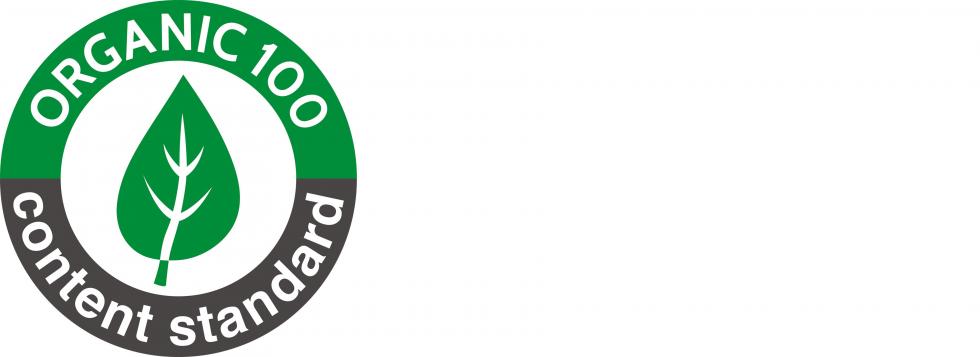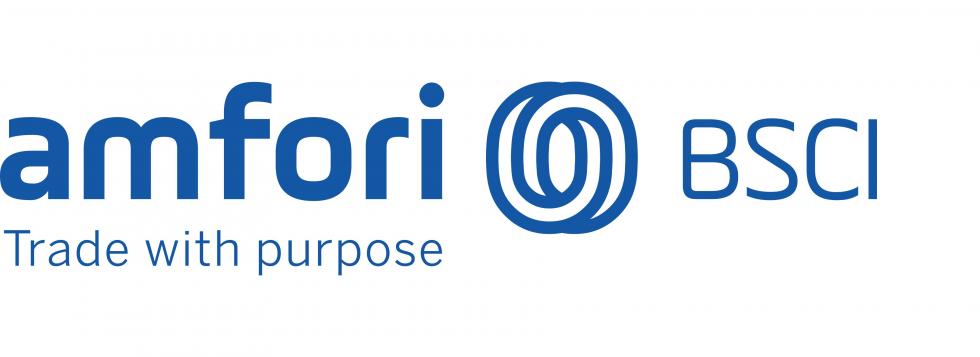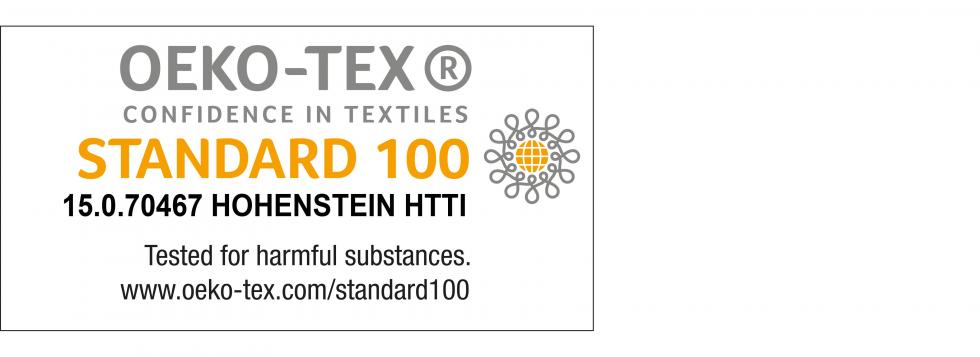Social responsibility and the environment
Gustav Daiber GmbH, Albstadt, are expressly committed to their social and ecological responsibility for employees, customers and the environment, and even more than that: The company is a member of international associations, meets the strict criteria of certification institutes in order to improve the social conditions for their suppliers, manufacture economically friendly products and guarantee the best possible consumer protection for their customers.
In the course of global division of labour, Gustav Daiber GmbH have most of their products manufactured in the Far East (manufacturing bases). Meanwhile, China and Bangladesh have developed into the leading centres of textile industry worldwide.
At present the commitment of the textile industry in developing countries and emerging economies is being discussed critically. For quite a long time reports from there on wages under the minimum subsistence level, inhumane working conditions, child labour and discrimination of women attracted attention in the media. The judicial and technical follow-up of the collapse of a factory building in Bangladesh in 2013 or the fire in a production plant in Pakistan in 2012 is still going on years later. However, much earlier, a few German companies, including Gustav Daiber GmbH, launched initiatives to improve the conditions open to criticism on the spot personal statement.
Since 2001 Daiber has been a member of the group (JCK-holding), who back in 1999 worked out their own code of conduct (Social Compliance) for cooperating with suppliers. Within the framework of the JCK-code of conduct, mandatory requirements regarding social aspects and working conditions were stipulated with suppliers worldwide. A seven-member Social Compliance Department of the JCK-Holding in Shanghai and Dhaka tests all the factories thoroughly and makes sure that the rules are complied with. The focus is on child labour, forced labour, harassment, discrimination and abuse, remuneration and working hours, health and safety as well as disciplinary measures and freedom of assembly.




